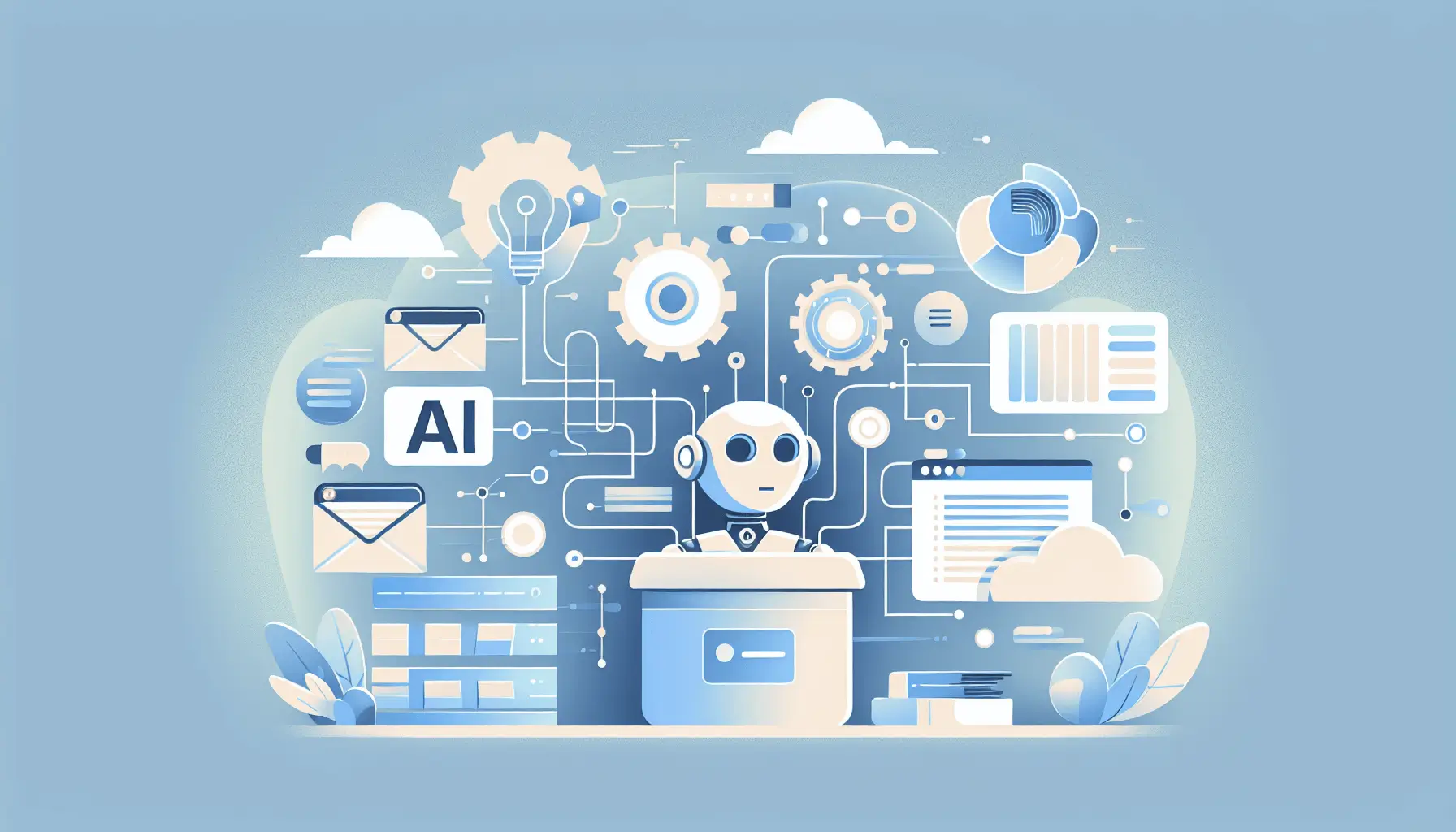Musk May Drop 97.4B OpenAI Bid if It Stays Nonprofit
Elon Musk is back in the AI headlines, and this time, it’s about OpenAI. Reports suggest that he may withdraw a staggering $97.4 billion bid if OpenAI remains a nonprofit entity. This raises a fascinating debate about the direction of artificial intelligence—should it stay open and altruistic, or is commercialization inevitable?
Why Is Musk Interested in OpenAI?
For those who have followed OpenAI’s journey, this might come as a surprise. After all, Musk was one of its founding supporters, contributing both money and vision in its early days. However, as OpenAI shifted from a nonprofit to a for-profit model with its ‘capped-profit’ structure, Musk distanced himself from the organization.
Musk has openly criticized OpenAI, suggesting that its alignment with Microsoft through a multi-billion-dollar partnership moves it away from its original mission of ensuring AGI (Artificial General Intelligence) benefits all of humanity. Now, with speculation about a potential acquisition bid, it seems Musk may want to take OpenAI in a different direction.
Potential Reasons for Musk to Walk Away
1. OpenAI Sticking to Nonprofit Roots
If OpenAI were to fully embrace its nonprofit status again, Musk may see no financial or strategic benefit in acquiring it. A nonprofit model could also limit the level of control he might want to exert over its direction.
2. Competition with xAI
Musk already has his own AI venture, xAI, which focuses on building models like Grok AI. Acquiring OpenAI might create conflicts with xAI’s mission. If OpenAI insists on operating as a nonprofit, Musk may see better opportunities investing in his own projects instead.
3. Legal and Ethical Considerations
An acquisition of OpenAI by Musk could trigger regulatory scrutiny, especially with AI ethics and data concerns being hot topics. If OpenAI remains nonprofit, it could make a buyout messier from a legal perspective.
What Would OpenAI Look Like Under Musk?
If Musk were to acquire OpenAI, we could expect some significant shifts in its approach.
- Increased emphasis on open-source AI, aligning with Musk’s views on keeping AI transparent and accessible.
- Potential integration with Tesla and SpaceX projects, further intertwining AI with robotics and space exploration.
- A stronger pushback against corporate influence, particularly detaching OpenAI from Microsoft.
Would these changes be good or bad for AI development? That depends on who you ask.
The Larger Implications
This entire situation ties into the larger discussion of AI ownership and control. AI has reached a point where its advancement directly affects industries, economies, and even national security. Organizations like OpenAI, DeepMind, and xAI all contribute to shaping the future of intelligence. Whether AI development should be driven by for-profit principles or nonprofit ideals remains a contentious issue.
With Musk’s potential bid on the table, OpenAI’s response could set a precedent. Will it maintain its commitment to ensuring AI benefits everyone, or will it embrace commercialization under new leadership?
Final Thoughts
There’s no shortage of drama in the AI world, and Musk’s involvement always adds another layer of excitement. Whether or not he follows through with his bid depends on how OpenAI positions itself. As developers and AI enthusiasts, we’re witnessing a crucial period in AI history unfold in real-time. One thing’s for sure—whatever happens next will shape the future of artificial intelligence as we know it.











